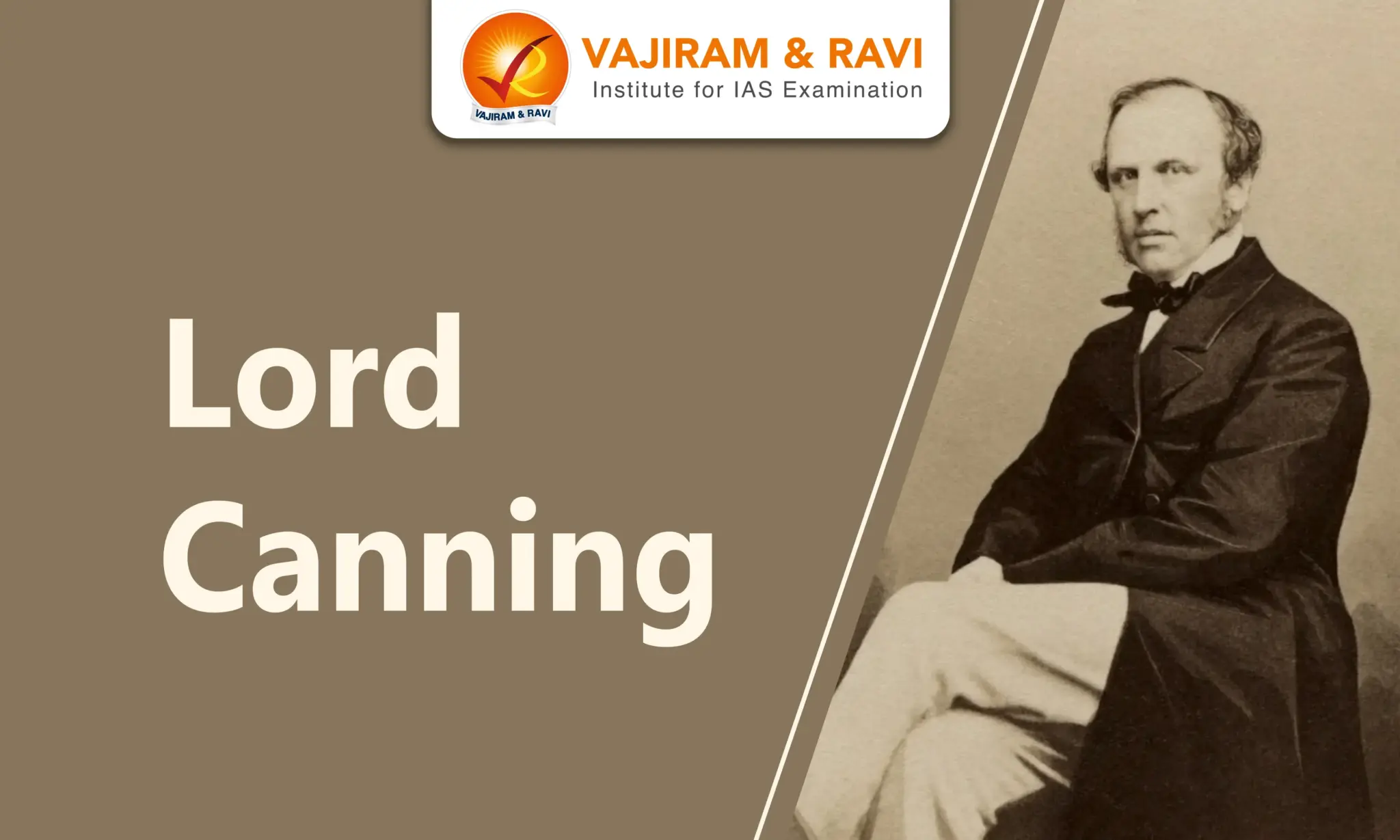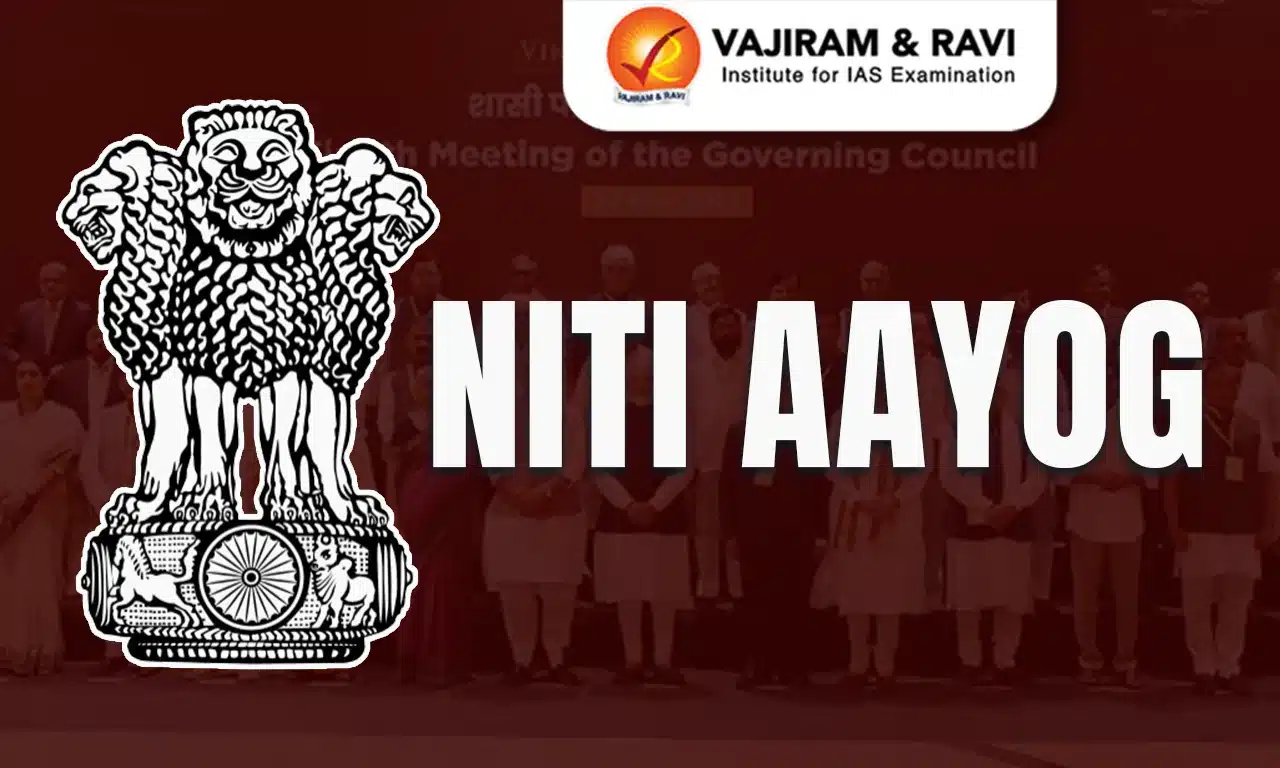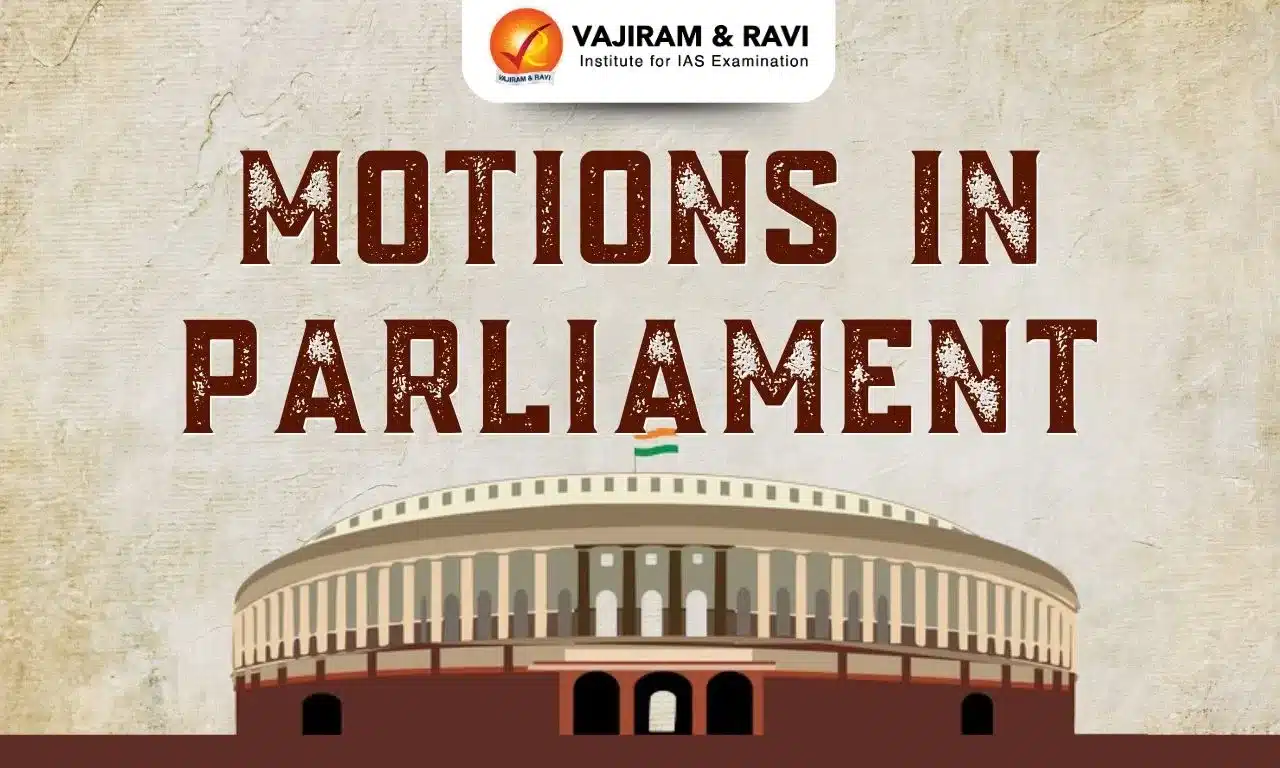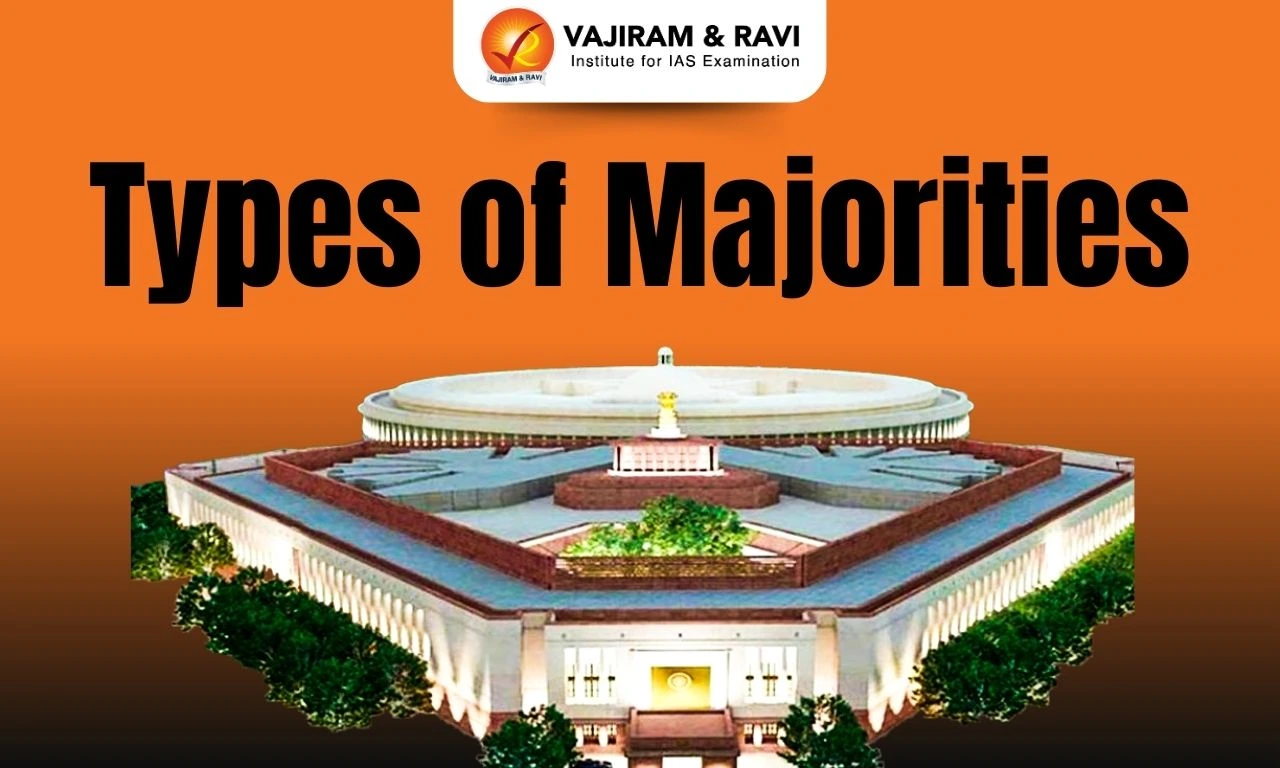Lord Canning served as the Governor-General of India and the first Viceroy of India (1858-1862). His tenure was marked by the Revolt of 1857 and the formal transfer of power to the British Crown. Known for his moderate approach, he earned the nickname "Clemency Canning" for his leniency towards rebels post-rebellion.
Canning introduced several key reforms, including the abolition of the Doctrine of Lapse, financial and military restructuring, and the establishment of modern universities and high courts. His legislative contributions, such as the Indian Councils Act, of 1861, and the Indian Penal Code, laid the groundwork for British rule in India.
About Lord Canning
Lord Charles John Canning served as the Governor-General of India from 1856 to 1857. He became the first Viceroy of India (1858-1862) under British rule after the Government of India Act 1858 was passed. His tenure marked a critical transition in Indian governance, as power shifted from the East India Company to the British Crown following the Revolt of 1857.
Lord Canning Significant Events
Lord Canning’s tenure was marked by a series of significant events that reshaped the administration of the Indian subcontinent. In addition to handling the aftermath of the 1857 revolt, Canning was instrumental in implementing various legislative and institutional reforms that laid the foundation for modern governance in India.
- Establishment of Universities (1857): The first three modern universities in India, were established in Calcutta, Bombay, and Madras during Canning’s tenure as the Governor General of India.
- Revolt of 1857: The most significant event during Canning's tenure was the outbreak of the Revolt of 1857, also known as the First War of Indian Independence. While he successfully quelled the rebellion, he adopted a policy of clemency towards the rebels.
- The Proclamation of Queen Victoria, 1858: Following the Revolt of 1857, the British government formally assumed control over India. On November 1, 1858, Queen Victoria issued a proclamation, which Lord Canning read out in a Darbar at Allahabad.
- Government of India Act, 1858: This act abolished the East India Company and transferred all administrative power directly to the British Crown. The office of Viceroy was created, and Canning became the first to hold this position, with full authority over British India.
- Indian Councils Act, 1861: It restored the legislative powers of the Bombay and Madras Presidencies, which had been taken away by the Charter Act of 1833. One of its key features was the transformation of the Viceroy’s Executive Council into a miniature cabinet that operated on the portfolio system.
- Indian Civil Services Act, 1861: It allowed forboth Indians and Europeans to be appointed to positions listed in the act’s schedule, provided they had lived in India for at least seven years. This allowed for a limited but notable entry of Indians into the civil service, although the higher ranks were still dominated by the British.
- Indian High Courts Act, 1861: Canning established the High Courts in major cities like Calcutta, Bombay, and Madras. These courts replaced the old Supreme Courts and Sadar Adalats, modernizing the judicial system in India.
- Indian Penal Code (1862): Though drafted earlier by Lord Macaulay, the Indian Penal Code was finally enacted during Lord Canning’s time.
Lord Canning Reforms
Lord Canning’s tenure brought significant reforms in several areas of governance, economy, and defence. These reforms were focused on stabilizing British rule in India after the 1857 revolt. Some of the major reforms are:
- Financial Reforms: During Lord Canning's tenure, significant financial reforms were introduced, including the appointment of a fifth member to the Governor-General’s Executive Council as a finance member under the Indian Councils Act of 1861.
- The first finance member, James Wilson, initially proposed several taxes, but his successor, Laing, implemented a 5% income tax on annual incomes of Rs. 500 or more.
- Army Reforms: Post-1857, Canning initiated reforms in the structure of the Indian Army. He significantly reduced the proportion of Indian soldiers to British soldiers. He also ensured that the artillery and key positions remained under British control.
Lord Canning’s role as both the Governor-General and the Viceroy places him in a unique position in Indian history. His moderate approach to handling the aftermath of the Revolt of 1857 was seen as a necessary move to prevent further unrest. His legislative reforms are considered foundational in shaping the governance of India under British rule.
Last updated on March, 2026
→ UPSC Notification 2026 is now out on the official website at upsconline.nic.in.
→ UPSC IFoS Notification 2026 is now out on the official website at upsconline.nic.in.
→ UPSC Calendar 2026 has been released.
→ UPSC Final Result 2025 is expected to be released soon.
→ Check out the latest UPSC Syllabus 2026 here.
→ Join Vajiram & Ravi’s Interview Guidance Programme for expert help to crack your final UPSC stage.
→ UPSC Mains Result 2025 is now out.
→ UPSC Prelims 2026 will be conducted on 24th May, 2026 & UPSC Mains 2026 will be conducted on 21st August 2026.
→ The UPSC Selection Process is of 3 stages-Prelims, Mains and Interview.
→ Prepare effectively with Vajiram & Ravi’s UPSC Prelims Test Series 2026 featuring full-length mock tests, detailed solutions, and performance analysis.
→ Enroll in Vajiram & Ravi’s UPSC Mains Test Series 2026 for structured answer writing practice, expert evaluation, and exam-oriented feedback.
→ Join Vajiram & Ravi’s Best UPSC Mentorship Program for personalized guidance, strategy planning, and one-to-one support from experienced mentors.
→ Check UPSC Marksheet 2024 Here.
→ UPSC Toppers List 2024 is released now. Shakti Dubey is UPSC AIR 1 2024 Topper.
→ Also check Best UPSC Coaching in India
Lord Canning FAQs
Q1. What was Lord Canning famous for?+
Q2. Which university was established by Lord Canning?+
Q3. What is the IPC by Lord Canning?+
Q4. Which act was passed by Lord Canning?+
Q5. What is the tenure of Lord Canning?+
Tags: lord canning quest














